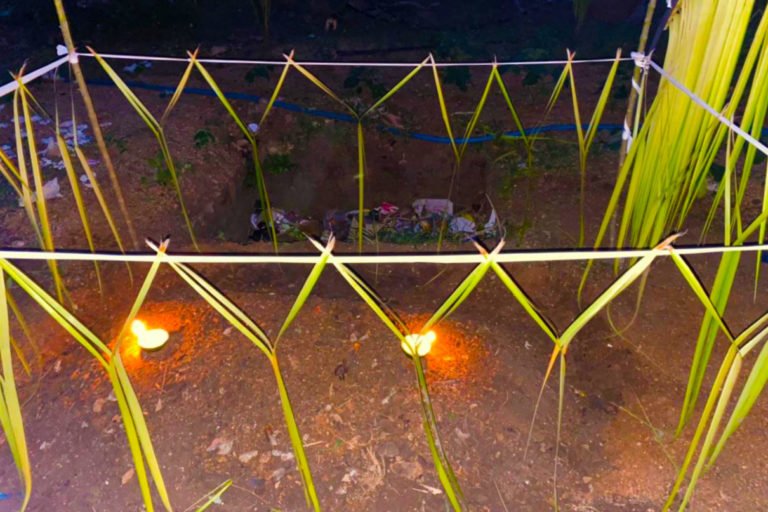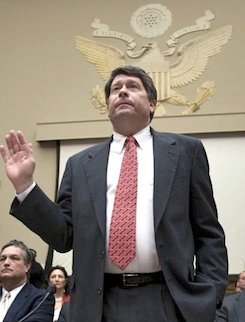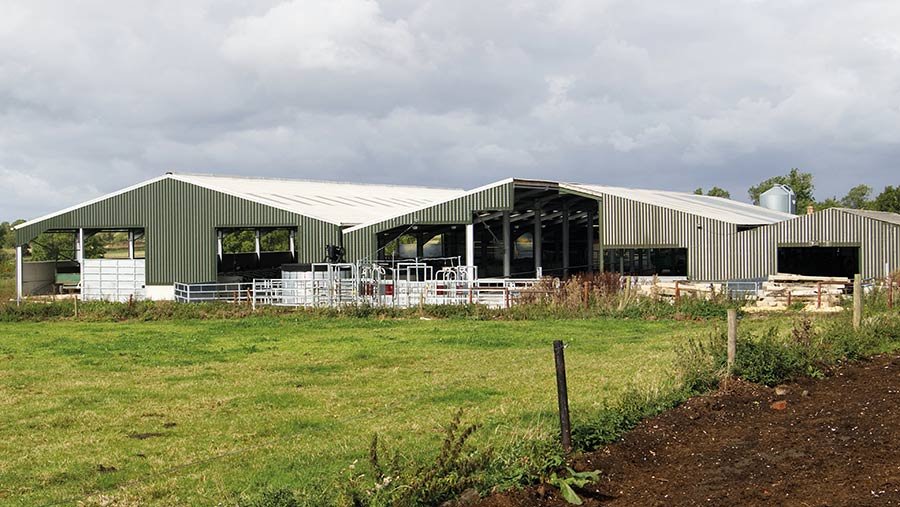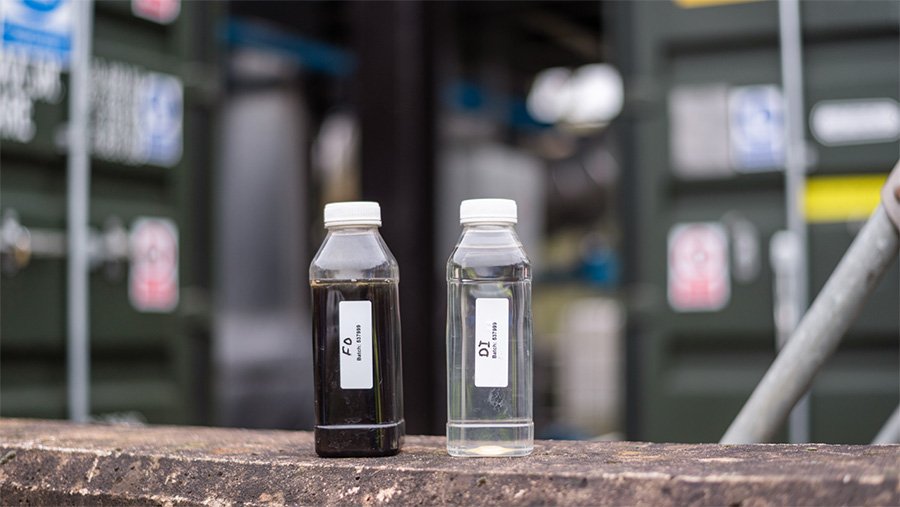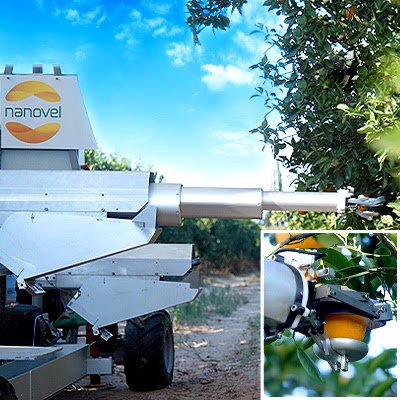- Extreme weather events have intensified in Brazil in recent years, claiming hundreds of lives and taking a massive toll on the environment.
- A study documents more than 50,000 natural disasters, mostly caused by severe climate events, between 2013 and 2022, causing losses of $64 billion.
- Experts attribute the toll to the government repeatedly ignoring warnings about climate-related risks and failing to invest in adaptation and prevention measures.
- As the country prepares to elect a president at the end of this month, neither candidate has offered any concrete proposals for the prevention and management of climate disaster risks.
“People’s post-traumatic stress levels are extremely high,” says Rafaela Facchetti, a researcher at Brazil’s National School of Public Health, or ENSP.
The people in question are the residents of Petrópolis, a municipality in the state of Rio de Janeiro, who were hit hard by torrential rains at the start of the year that caused flooding and landslides throughout the area. In only four hours one afternoon, the normal rainfall for the entire month of February fell on Petrópolis.
But this isn’t the only place experiencing extreme rainfall in Brazil. Across the country, millions of people have been impacted by torrential rains in recent years, losing their homes, jobs, family members or even their own lives. This year has been the deadliest in recent history: 457 deaths have already been attributed to heavy rains.
Yet in other parts of the country, warnings of a different extreme climate event are multiplying: drought. The Pantanal, one of the planet’s most expansive wetlands, which in Brazil straddles the states of Mato Grosso and Mato Grosso do Sul, is currently suffering from the severest drought on record in decades. This has resulted in forest fires of unprecedented dimensions, causing damage to human, animal and plant life.
Traditional communities living in the biome, including Indigenous and riverside communities, known as ribeirinhos, are the main victims of the drought and resulting fires in the region, says André Siqueira, a biologist and director of the conservation NGO Ecoa. He says these people are having to deal not only with the loss of their possessions but also the psychological trauma of carrying on with life in a region where 26% of the landscape was burned and 17 million animals were killed — and that was from fires in 2020 alone.
Ignored warnings and risks
For decades, scientists and civil society organizations have been alerting public authorities to the consequences of climate change and the importance of mitigation and adaptation measures. One of the consequences is the increased frequency and intensity of extreme climate events like strong rains and droughts, which can have disastrous impacts on the population, the environment and the economy.
A study by Brazil’s National Confederation of Municipalities (CNM), using data from the Ministry of Regional Development’s Integrated System of Disaster Information (S2ID/MDR), identified more than 50,000 natural disasters in the country between 2013 and 2022, most of them climate related. Some of these incidents are recorded in the Digital Atlas of Disasters in Brazil, a project by the Federal University of Santa Catarina, which maps natural disasters across the country.
The CNM study indicates that these disasters impacted some 340 million people (many communities were affected by more than one incident during this period) and caused losses of more than 340 billion reais ($64 billion) to the public and private sectors. Essentially, it shows that the risks associated with climate disasters and their impacts are evident, yet still go ignored.
In 2019, when Ecoa realized that the Pantanal was in the grip of a water shortage and that this could lead to more fires in the region, it raised its concerns to the authorities in hopes of averting a “catastrophic situation.” But its technical warnings were ignored. “So there we were in 2020, with the worst environmental tragedy the biome has ever gone through,” Siqueira says.
He adds there were no official plans in place for combating the fires, while public funding for this purpose was — and still is — lacking. Ecoa has been helping train volunteer fire brigades so that the traditional communities in the Pantanal can protect themselves and fight the fires.
The government’s lack of attention and preparation in relation to climate risk and disaster also led to the worst socioenvironmental tragedy in the mountains of the state of Rio de Janeiro, where 947 people were killed in January 2011 from landslides triggered by extreme rainfall. Petrópolis was one of the municipalities affected in what’s become known as the “megadisaster.” That disaster repeated itself this year, albeit on a smaller scale.
Facchetti, the ENSP researcher who is also a civil engineer, says Rio de Janeiro’s mountainous region is prone to landslides because of the type of soil and other environmental conditions. That means landslides should be considered “normal” during heavy rains, and that competent authorities should be aware of this risk. What’s not normal, she says, is for public resources to be allocated only to rebuilding, or post-disaster, and not to prevention, or pre-disaster.

Pre- and post-disaster shortcomings
Paulo Ziulkoski, president of the CNM, says that on both counts — pre- and post-disaster — “the federal government still fails to aid municipalities in an efficient manner.” He says this leaves the responsibility for tackling the issue up to municipalities. But the measures that they can carry out are less than ideal because of the lack of “financial and technical support on the part of the federal government,” Ziulkoski says.
The CNM study on natural disasters shows that, of the funding allocated by the federal government for disaster prevention and response between 2010 and 2022, only 47% was used. Even during emergencies, “the federal government rarely provides the necessary resources requested by the affected city,” Ziulkoski says. He blames the bureaucracy associated with the National Protection and Civil Defense System for making the process of requesting disaster-related resources and management extremely slow.
Facchetti says inconsistencies in damage repair and a lack of investment in prevention increases the population’s vulnerability and the risk of new disasters. “The people [of Petrópolis] are now returning to live in their homes that are located in high-risk regions because they have no other option,” she says, adding this is either because they didn’t receive social relief rent payments or were unable to find other houses to rent. Many victims of the 2011 disaster have still not received “the social assistance they were entitled to from the government,” Facchetti says.
“Yesterday, there was [moderate] rainfall of 90 millimeters [3.5 inches] over a 24-hour period, and the situation in the city was chaotic because the flood control projects have still not been carried out in the neighborhoods where the landslides happened, so all the mud ran back into the streets,” she says. “This caused flooding because the catch basins [in the street sewer system] are still clogged. I don’t know what will happen to Petrópolis if we have heavy rains this summer.”
There’s also been no progress by the government on repairing the damage caused by the drought and fires in the Pantanal. According to Siqueira, volunteer citizen groups are doing what they can. Ecoa, for example, raised funding to install a water treatment plant and deploy health care workers to the communities most affected by the Pantanal fires in Mato Grosso do Sul in 2020, because “there was no organized program to help these people,” Siqueira says.
He also slams the “political maneuvers” to lay the blame for the Pantanal fires on vulnerable social groups, including by President Jair Bolsonaro. Siqueira calls this a way for the federal government to evade responsibility for the disaster.
Political platforms with little to offer
Ivo Poletto, a sociologist and national adviser to the Climate Change and Socioenvironmental Justice Forum, a network of civil society organizations, agrees that the worsening of climate disasters in Brazil in recent years is down to the “irresponsibility” of the federal government. He says the government has “lacked coherent policies” for environmental preservation and care for vulnerable populations, which are the most affected by the climate crisis. Poletto says this irresponsibility is a legacy from previous administrations, but that “things have worsened greatly” under Bolsonaro, who took office at the start of 2019.
The Bolsonaro administration has from the very beginning sparked controversy over its agenda that’s seen as failing to address climate-related risks, at best, or even aggravating them, at worst. For example, drastic budget cuts to environmental protection agencies have made it difficult to prevent and fight fires, among other environmental risks. The National Center for Monitoring and Early Warning of Natural Disasters (CEMADEN) is another federal institution whose work has been compromised because of insufficient funding in recent years.
Bolsonaro, who faces a runoff vote for reelection at the end of October, has campaigned on vague proposals when it comes to addressing climate change. One is the “strengthening of control and monitoring of illegal burns, of deforestation and of environmental crimes” — a commitment that was clearly not adopted during his first term. He’s also called for improving adaptation capacities to climate change — but only for agribusiness.
Bolsonaro’s rival in the poll, former president Luiz Inácio Lula da Silva, has also stopped short of offering specific climate proposals in his campaign. He’s spoken of strengthening the National Environment System and related institutions, by working with science, technology and innovation to “fight climate change and threats to public health.” Lula, the favorite to win the Oct. 30 runoff, has also committed to reducing greenhouse gases and boosting biodiversity conservation, but hasn’t mentioned climate adaptation.
Still, it was during Lula’s second term as president, in 2009, that Brazil first adopted a National Climate Change Policy. The Lula administration also introduced the National Civil Defense System (2010), and under his successor and protégé, Dilma Rousseff, the National Center for Monitoring and Early Warning of Natural Disasters was created in 2011 — even though, since then, its warnings have often been ignored.
For those in the crosshairs of climate risks, the election boils down to two platforms: one more, and the other less irresponsible when it comes to climatic disaster risk prevention and management. All the while, the risk of yet another megadisaster looms amid the persistent lack of responsibility.
Banner image of a fire in the Serra do Amolar area of the Pantanal in 2020. Image courtesy of Reinaldo Nogales/Ecoa.
This story was reported by Mongabay’s Brazil team and first published here on our Brazil site on Sept. 19, 2022.





